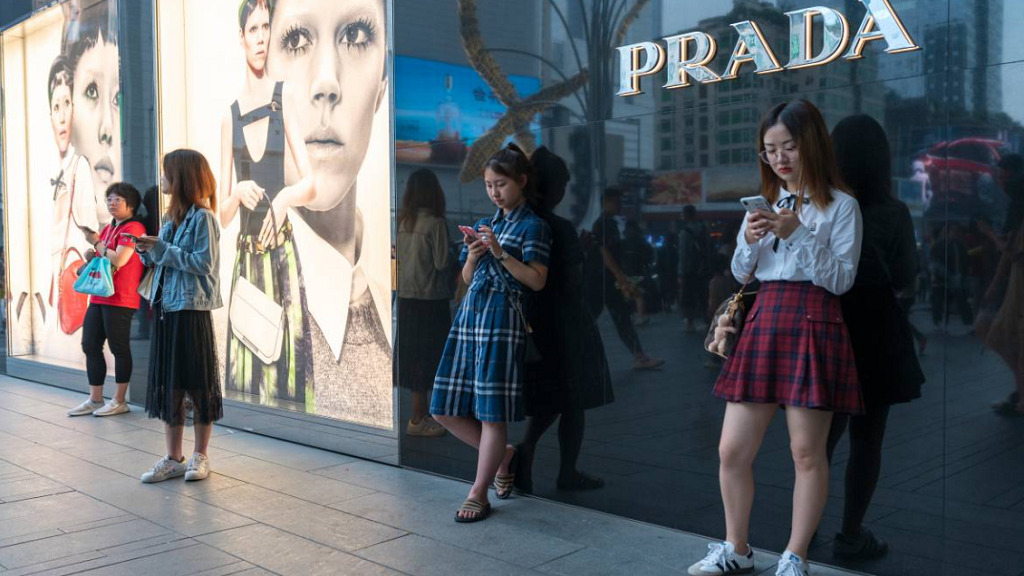
The luxury goods sales They are on an upward path, as the pandemic subsides and the public in physical stores increases. According to a study by the consultancy, Bain, the levels of sales of luxury goods have been growing since 2021 between the first and second half of 2023.
Compared to other markets, China stands out internationally in the luxury sector. There are millions of Chinese consumers with medium and high incomes, and these profiles are expected to double by 2030.
For this reason, the Chinese market offers numerous business opportunities. also to Spanish companies, and some are already taking advantage of it through Alibaba Group’s Tmall marketplaces, as is the case with Lottusse.
Luxury brands with a strong online strategy have weathered the pandemic better
The personal luxury market contracted 10% year-on-year in 2022 due to pandemic-related restrictions on China, according to Bain estimates. Almost every luxury category and most brands experienced their first major decline in five years.
The pandemic has left lessons such as that the categories of commerce that already had strong online penetration were less affected. For example, with 50% online penetration, high-end beauty products only shrank by 5%. The watch market suffered the most, falling 20-25% from 2021. The fashion and lifestyle categories saw a 15-20% drop. And finally, sales of jewelry and leather goods fell between 10% and 15%.
Another trend detected has been that certain recurring customers (Very Important Clients: VICs) were key in achieving sustained sales in the Chinese luxury market during the pandemic. In this sense, buyers who buy more than three times a year represented more than 50% of sales, according to Alibaba Group’s Tmall Luxury Pavilion.
Tmall Luxury Pavilion is the leading online luxury shopping destination in China and is designed for digital natives. It is at the forefront of the luxury retail revolution, bringing the experience closer to digital commerce. It is home to more than 200 luxury brands, including those from the five largest luxury groups: LVMH, Kering, Chanel, Richemont and Hermes.
Tmall Luxury Pavillion has features that allow a brand to elevate its identity by exclusiveness that evokes For example, it used to be thought that fine jewelry and luxury watches could only be experienced and purchased in stores. Well, taking advantage of innovative technologies, Tmall Luxury Pavilion has integrated detailed exhibitors of 3D products that allow the consumer to explore the article with the same level of detail at any time and place.



